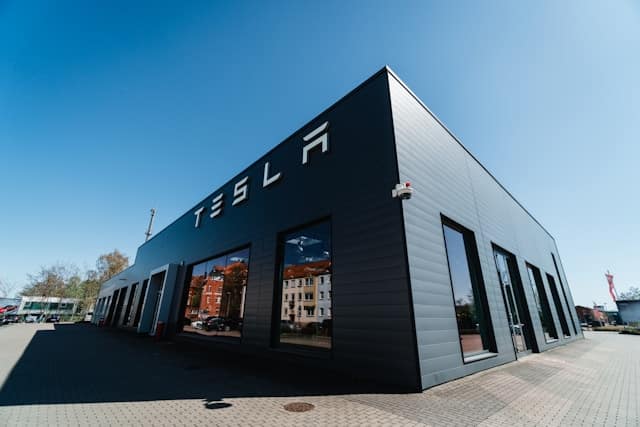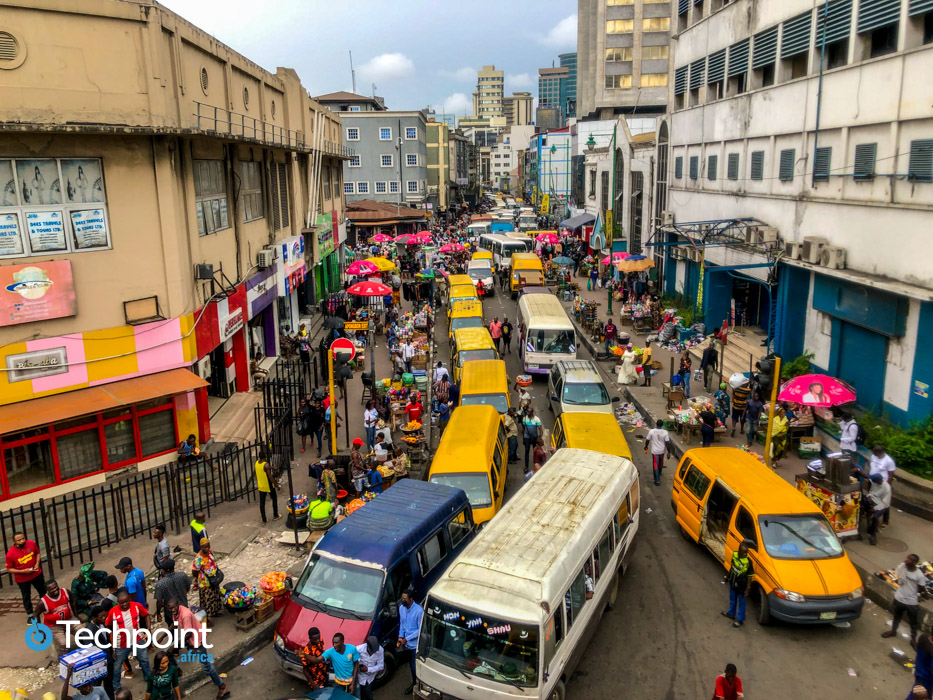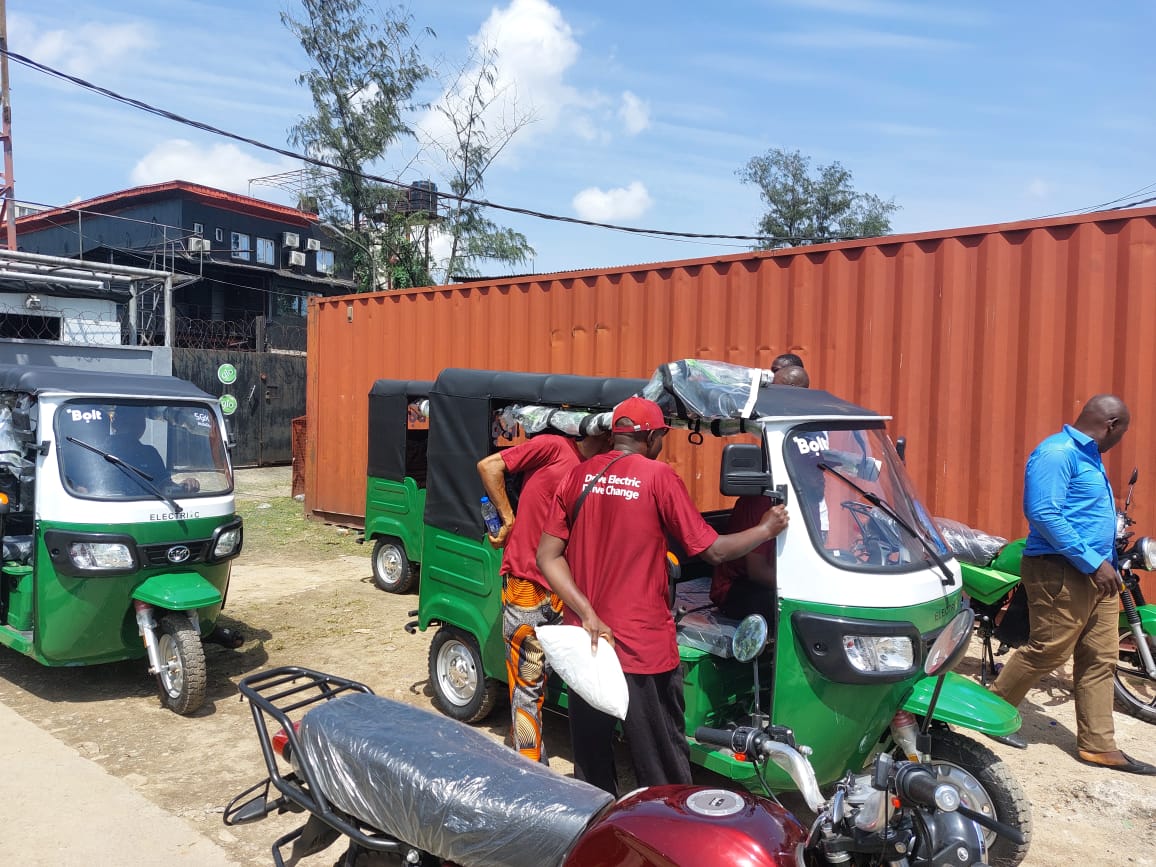- Uber Kenya has decided to raise fares across all ride categories, including the minimum price and per-kilometre rate, in response to drivers’ frustrations, which have led some to set their prices and refuse service to passengers unwilling to pay the higher rates.
- Imran Manji, Head of East African Operations, stated that a re-evaluation had occurred after an extensive market data analysis and consultation with drivers.
“We’ve considered multiple factors to ensure drivers earn [a] decent income while passengers still benefit from affordability. Increasing of (sic) the prices was informed by a review of the cost of living, drivers’ feedback, not because of the protests only,” he added.
In July 2024, ride-hailing drivers in the country staged a five-day strike, demanding better pay and the removal of value-added taxes to have a say in pricing decisions, arguing they bear the costs of expenses like insurance and parking fees. On the first day, they protested at the National Transport and Safety Authority’s (NTSA) office.
On August 13, 2024, when drivers challenged ride-hailing apps over fare rates, they expected that the companies would be compelled to review current rates, starting with an increase in the minimum fare from KSh180 ($1.40) to KSh300 ($2.33). However, Uber’s new pricing model indicates that some ride categories will have a minimum fare of KSh 220 ($1.73).
In response to a complaint by Nairobi cab customers about ride-hailing drivers charging fares 1.5 times higher than the app’s calculated fares, Uber urged customers to report the drivers involved and file their complaints. It maintained that disciplinary actions ranged from warnings to full expulsion.
On top of this, sector union representatives who spoke to TechCabal labelled the fare increase as “insignificant,” arguing that the new prices still fail to cover the high operational costs.
Zakaria Mwangi, the Secretary General of the Ridehail Transport Association (RTA), also said, “We don’t really feel it. We made our demands clear that we want at least KES300 as the base fare among other demands.
What’s more, Uber has disclosed a partnership with several players in the auto industry, aiming to secure subsidisation for maintenance services provided to their drivers. It has also introduced several rewards and remunerative spots for drivers to earn more money from higher fare prices.











